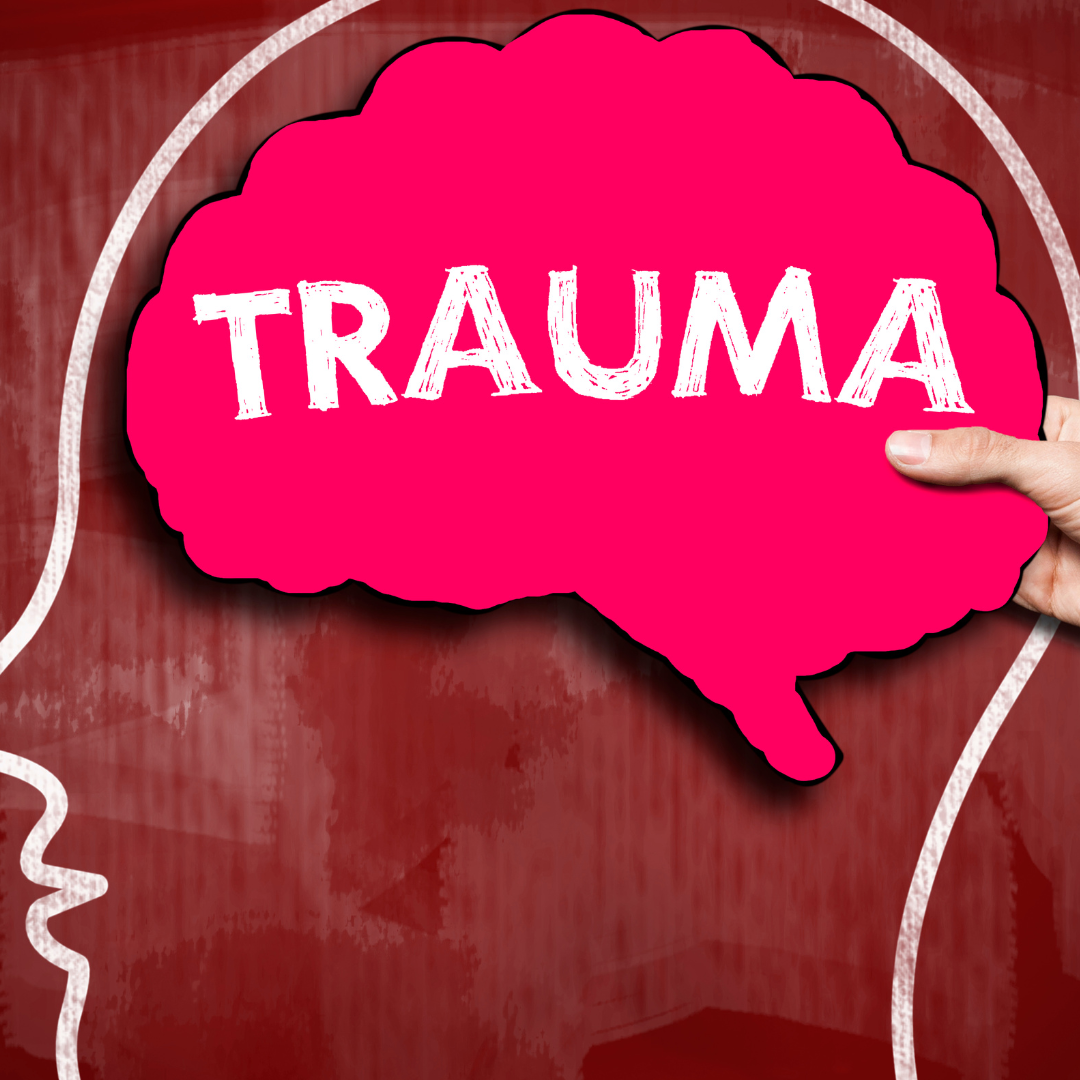Trauma is a deeply personal and often misunderstood aspect of the human experience. It can be challenging to put into words the complex emotions, memories, and triggers that accompany traumatic events. However, it’s essential to address and unpack trauma to find a path toward healing and recovery. In this blog, we will explore the concept of trauma, its impact on mental and emotional well-being, and various strategies and resources to help individuals on their journey of healing and self-discovery.
Understanding Trauma
This multifaceted concept encompasses things like distressing or disturbing events. Such events leave a lasting imprint on an individual’s physical, emotional, and psychological well-being. Various forms manifest it, including physical trauma resulting from injuries or accidents. Then there is emotional trauma stemming from experiences like loss, betrayal, or abuse, and psychological trauma. Often such trauma is triggered by events such as war, natural disasters, or prolonged abuse.
The Impact of Trauma
With that said, let’s explore the impact of trauma on an individual’s life. Trauma it’s ugly head in both physical and emotional ways. From an emotional standpoint, there could be flashbacks and triggers, anxiety and depression, and even dissociation. In turn, the physical effects of trauma are what is known as the stress response and chronic pain. The stress response is all about how trauma activates the body’s fight or flight response and it’s long-term effects. Whereas with chronic pain, the connection between unresolved trauma and physical pain is a constant reminder of the mind needing to be heard.
Healing and Recovery
Seeking Help
We encourage you to reach out to one of our counselors for support. We offer a variety of therapeutic techniques like Cognitive-Behavioral Therapy (CBT) and much more.
Cognitive-Behavioral Therapy
Here are some key strategies for CBT:
- Psychoeducation: The therapist educates the individual about trauma, its effects, and common reactions, helping them understand that their feelings and symptoms are normal responses to abnormal events. This knowledge can reduce self-blame and shame.
- Identification of Negative Beliefs: CBT helps individuals identify and challenge negative beliefs and thought patterns related to the trauma. These distorted beliefs often contribute to feelings of helplessness, guilt, or danger. By recognizing and reframing these thoughts, individuals can regain a sense of control and safety.
- Exposure: Controlled and gradual exposure to trauma-related memories or triggers is a core component of CBT for trauma. This helps individuals confront and process their traumatic experiences in a safe and therapeutic environment, reducing the intensity of their emotional reactions over time.
- Skill Building: CBT equips individuals with coping skills to manage distressing emotions and symptoms. This may include relaxation techniques, emotion regulation strategies, and mindfulness practices to ground them in the present moment.
- Homework Assignments: Therapists often assign homework exercises to practice the skills learned in therapy sessions. This helps individuals integrate therapeutic techniques into their daily lives and reinforces the healing process.
- Gradual Progress: Trauma recovery with CBT is typically a gradual process, respecting the individual’s pace and readiness to address painful memories. The therapist provides support and encouragement throughout the journey.
- Recovery Maintenance: CBT also emphasizes relapse prevention strategies to help individuals maintain their progress and cope with potential setbacks.
CBT for trauma is evidence-based and can be tailored to individual needs and the specific type of trauma experienced, whether it’s related to a single incident or complex and ongoing trauma. By addressing the cognitive distortions and behavioral patterns that perpetuate trauma-related distress, CBT empowers individuals to heal, regain control, and build resilience in the face of adversity.
Self-Compassion and Understanding Trauma
Trauma is a deeply complex and personal experience, but it is not an insurmountable obstacle to healing. Through understanding, support, and self-compassion, individuals can embark on a journey of unpacking their trauma. By addressing your trauma you can reclaim. your life and ultimately find peace.
Start Receiving Support From Therapists in Savannah, GA
At Water’s Edge Counseling our counselors are trained and available to help if you or someone you know is dealing with trauma. By speaking with a professional counselor at Water’s Edge Counseling clients have a safe space. Our team would be honored to offer support from our Savannah, GA-based practice. You can start your therapy journey by giving us a call at 912.319.5552 or emailing us at [email protected].
Other Services Offered With Waters Edge Counseling
We understand that you may experience issues with more than one mental health concern at a time. This is why we are happy to offer support with a variety of mental health services. Our team is happy to offer support with multiple mental health services including online counseling, clinical supervision, coping after a cancer diagnosis, and SCAD student counseling. We are also happy to offer therapy for anxiety, depression, eating disorders, substance abuse, teen substance abuse, and counseling for men. In addition, we also offer counseling for teens, child counseling, family counseling, Christian counseling, grief counseling, and marriage counseling.
Please note: While this blog is designed to help people achieve their goals, the information within each post is not a substitute for therapy or medical advice given by a licensed professional.

